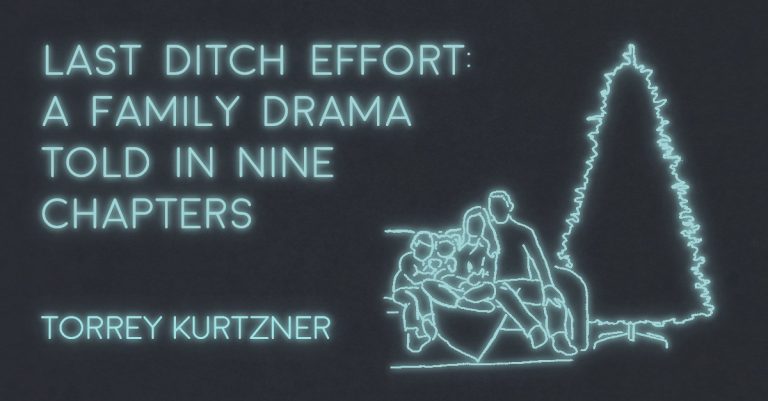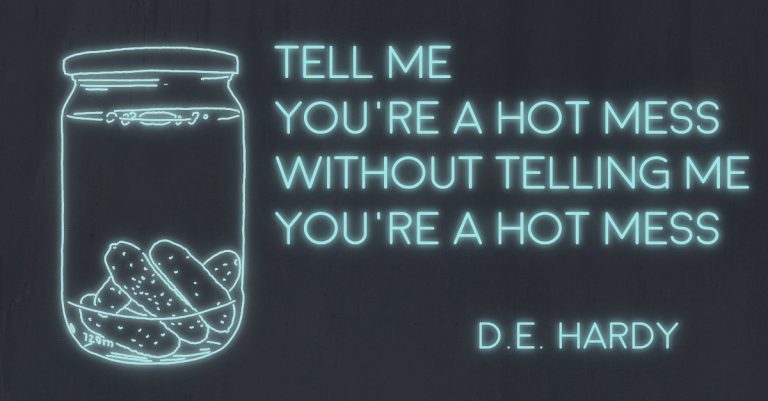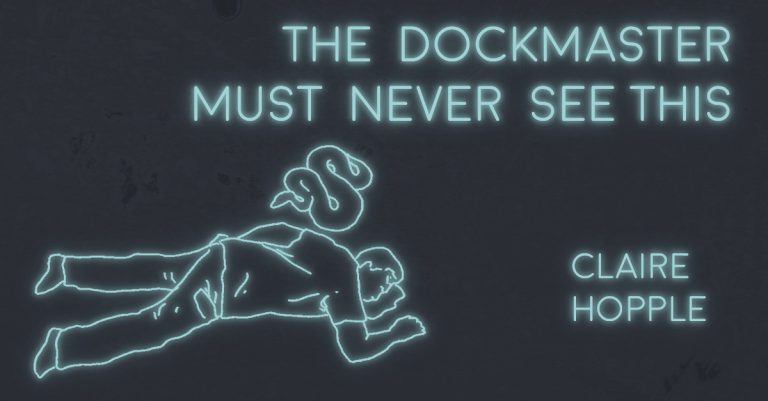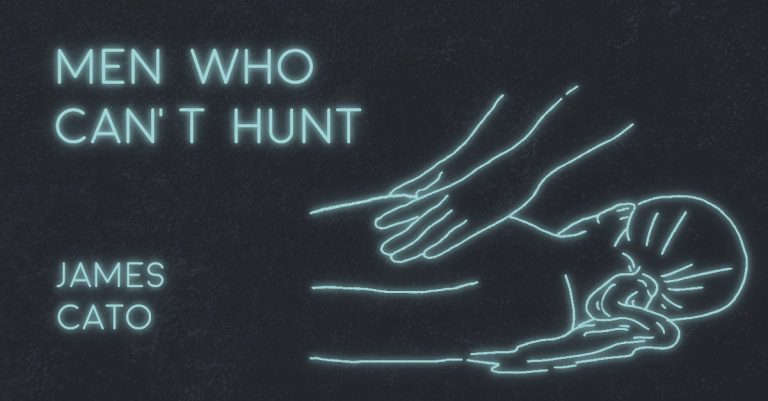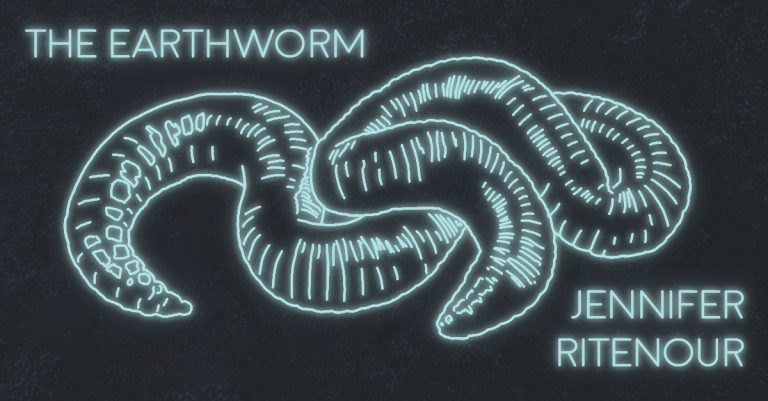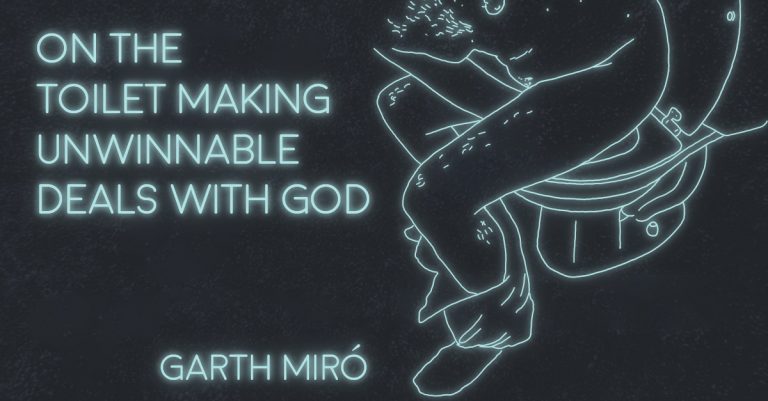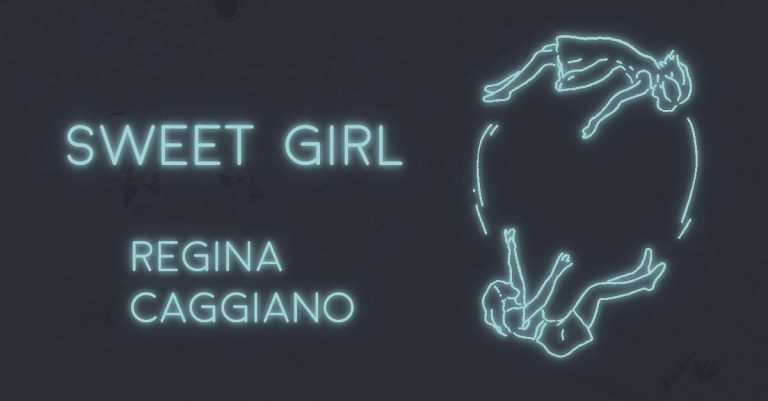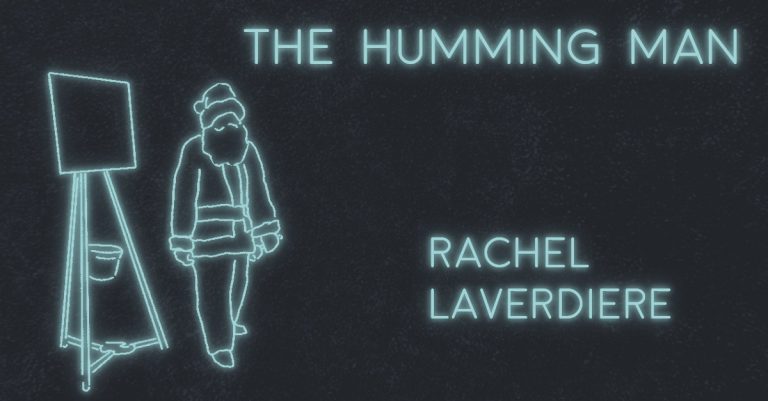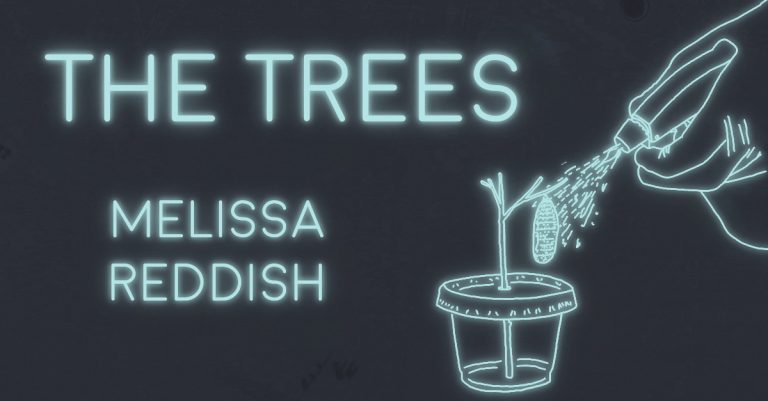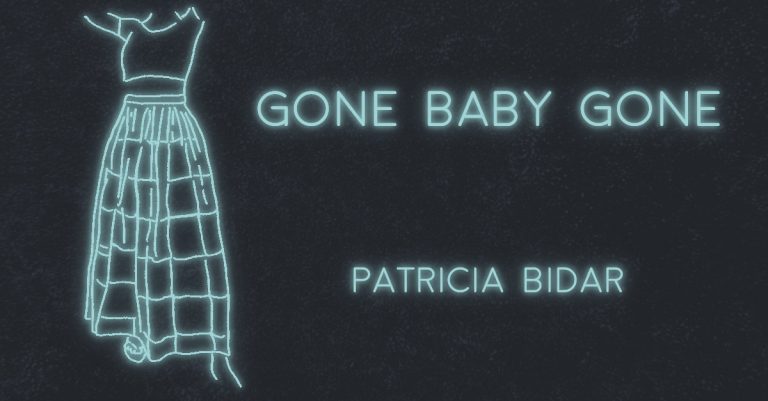
GONE BABY GONE by Patricia Q. Bidar
Arthur and I are lucky. A client of mine on 110th and Broadway—I clean houses—had a family thing and needed to leave the country for a few months. Arthur and I could stay. It’s late morning. The door buzzer sounds and Arthur springs up. His old friend, Joey Chestnut. What we know so far is that Joey’s gotten clean, or at least a lot cleaner than the last time we saw him. He has a lady now. Maybe she’s a calming influence. Now Arthur and Joey are going on a fishing weekend. They’re traveling light because just yesterday Arthur’s Pacer

